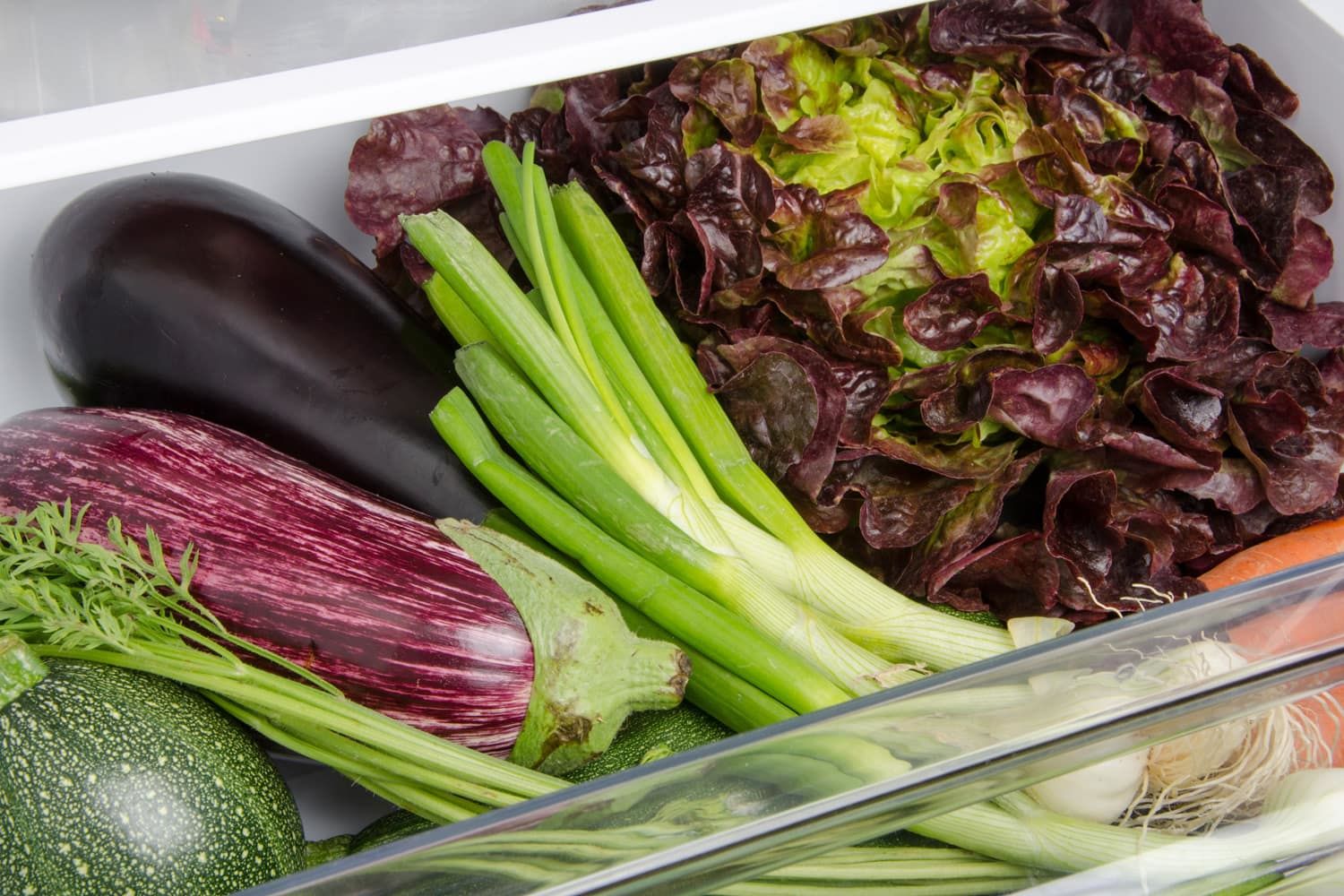

Articles
How To Store Eggplant In Fridge
Modified: February 23, 2024
Learn how to store eggplant in the fridge for maximum freshness and flavor. Our articles provide step-by-step instructions and helpful tips to keep your eggplant delicious.
(Many of the links in this article redirect to a specific reviewed product. Your purchase of these products through affiliate links helps to generate commission for Storables.com, at no extra cost. Learn more)
Introduction
Eggplant, also known as aubergine, is a versatile and delicious vegetable that can be used in a variety of recipes. It’s known for its rich, meaty texture and distinct flavor. If you find yourself with an abundance of eggplant or simply want to extend its shelf life, storing it properly is crucial.
In this article, we will guide you on how to store eggplant in the fridge to maintain its freshness and quality. Whether you have a whole eggplant or cut pieces, we will provide you with step-by-step instructions to ensure that your eggplant stays fresh for as long as possible.
By following these guidelines, you can enjoy the deliciousness of eggplant in your meals weeks after purchasing it. So, let’s dive in and explore the best methods for storing eggplant in the fridge!
Key Takeaways:
- Properly storing eggplant in the fridge is crucial for maintaining its freshness and quality. Select firm, vibrant eggplants, and follow specific steps for whole and cut pieces to enjoy this versatile vegetable for an extended period.
- To extend the shelf life of stored eggplant, keep it dry, separate it from ethylene-producing produce, and avoid common mistakes like storing at the wrong temperature. By following these guidelines, you can ensure optimal taste and texture.
Read more: How To Store Cut Eggplant In Fridge
Selecting Fresh Eggplant
When it comes to storing eggplant, the first step is to select fresh and high-quality eggplants. Here are some tips to help you choose the best eggplants:
- Look for firmness: Pick up the eggplant and give it a gentle squeeze. It should feel firm and have a slight give, similar to a ripe avocado.
- Avoid bruises and blemishes: Examine the skin of the eggplant and avoid any that have bruises, blemishes, or soft spots. These indicate that the eggplant may be overripe or damaged.
- Check the color: Choose eggplants with vibrant, glossy, and uniform color. The skin should be deep purple, although some varieties may have lighter shades or streaks of white or green.
- Inspect the stem: The stem of the eggplant should be green and fresh-looking. A dried or brown stem may indicate that the eggplant is old or past its prime.
By selecting fresh and high-quality eggplants, you are setting a solid foundation for successful storage and delicious culinary creations. Whether you’re planning to store a whole eggplant or cut pieces, the freshness of the starting product plays a crucial role in the outcome.
Preparing Eggplant for Storage
Before you store eggplant in the fridge, it’s important to prepare it properly. This step helps to maintain the freshness and quality of the eggplant throughout its storage period. Here’s how you can prepare eggplant for storage:
- Wash the eggplant: Start by rinsing the eggplant under cool running water. Use a gentle scrub brush or your hands to remove any dirt or debris from the skin. Dry it thoroughly using a clean kitchen towel.
- Remove the stem: Trim off the stem of the eggplant using a sharp knife. Make a clean and straight cut right above the stem area. Discard the stem.
- Peel (optional): Depending on your preference and the recipe you’re planning to use, you can either keep the skin intact or peel it. The skin of eggplant is edible and adds texture and flavor to dishes. However, if you prefer a smoother texture or are using the eggplant in certain recipes, like baba ganoush, you may choose to peel it. Use a vegetable peeler or a sharp knife to remove the skin.
- Cut (if desired): If you want to store the eggplant in pre-cut pieces, now is the time to cut it. Slice the eggplant into even-sized pieces, such as cubes or slices, according to your recipe or preference.
Once you have prepared the eggplant, it is now ready for storage. Remember to handle the eggplant gently and avoid bruising or damaging it during the preparation process.
Now that your eggplant is prepped and ready to be stored, let’s explore the best methods to keep it fresh in the fridge, whether it’s a whole eggplant or cut pieces.
Storing Whole Eggplant in the Fridge
If you have a whole eggplant that you want to store in the fridge, follow these steps:
- Wrap it in a paper towel: Take a clean paper towel and wrap it around the whole eggplant. This helps to absorb excess moisture and prevent the eggplant from becoming soggy.
- Place it in a plastic bag: Put the wrapped eggplant inside a plastic bag, ensuring that it is completely sealed. This creates a controlled environment and helps to maintain the freshness of the eggplant.
- Store it in the vegetable crisper drawer: The vegetable crisper drawer in your refrigerator provides the optimal humidity and temperature for storing vegetables. Place the bagged eggplant in the crisper drawer and make sure it is not overcrowded.
By following these steps, your whole eggplant will stay fresh in the fridge for up to one week. However, it’s always best to consume it as soon as possible for the best flavor and texture.
Now, let’s move on to storing cut eggplant in the fridge, which requires a slightly different approach.
To store eggplant in the fridge, place it in a perforated plastic bag in the crisper drawer. Avoid washing it before storing to prevent moisture buildup. Use within 5-7 days for best quality.
Storing Cut Eggplant in the Fridge
If you have cut pieces of eggplant that you want to store in the fridge, here’s how you can do it:
- Wrap it tightly in plastic wrap: Take each cut piece of eggplant and individually wrap it tightly in plastic wrap. This helps to prevent moisture loss and keep the eggplant fresh.
- Place it in an airtight container or plastic bag: After wrapping each piece, transfer them to an airtight container or a sealed plastic bag. This helps to further protect the eggplant from moisture and prevents it from picking up odors from other foods in the fridge.
- Label and date the container or bag: To keep track of the freshness, label the container or bag with the date of storage. This allows you to easily identify the oldest pieces and use them first.
- Store it in the refrigerator: Place the container or bag of cut eggplant in the refrigerator, preferably in the vegetable crisper drawer. Make sure it is not stacked or crowded to allow for proper air circulation.
By following these steps, your cut eggplant can stay fresh in the fridge for about 2-3 days. However, it is best to use it as soon as possible for the best taste and texture.
Now that you know how to store both whole and cut eggplant in the fridge, let’s explore some additional tips to help extend the shelf life of your eggplant.
Read more: How To Store Eggplant
Tips for Extending Eggplant Shelf Life
To maximize the shelf life of your stored eggplant, consider following these tips:
- Keep it dry: Moisture can cause eggplant to spoil quickly. Make sure to dry the eggplant thoroughly after washing it and avoid storing it with any condensation or moisture.
- Avoid direct contact with other produce: Eggplant is sensitive to ethylene gas, which is released by some fruits and vegetables as they ripen. Keep your eggplant separate from ethylene-producing produce like tomatoes, apples, and bananas to prevent premature ripening.
- Don’t wash until ready to use: Washing eggplant before storage can introduce moisture, making it more susceptible to spoilage. Only wash the eggplant right before you plan to cook or consume it.
- Check periodically: Regularly check your stored eggplant for any signs of spoilage, such as mold or a sour smell. Remove any spoiled pieces immediately to prevent them from affecting the rest.
By implementing these tips, you can extend the shelf life of your eggplant and enjoy its freshness for a longer period.
Now, let’s explore some common mistakes to avoid when storing eggplant in the fridge.
Common Mistakes to Avoid
When it comes to storing eggplant in the fridge, there are a few common mistakes that you should avoid:
- Storing at the wrong temperature: Eggplant should be stored in the refrigerator at a temperature between 40°F (4°C) and 45°F (7°C). Storing it at temperatures higher or lower than this range can cause the eggplant to spoil quickly.
- Leaving it unwrapped: Failing to wrap the eggplant, whether whole or cut, can lead to moisture loss and make it prone to drying out. Properly wrapping it in paper towels, plastic wrap, or airtight containers is essential for maintaining its freshness.
- Not checking regularly: Ignoring your stored eggplant can lead to unnoticed spoilage. Make it a habit to check on it periodically and discard any pieces that show signs of mold, discoloration, or an unpleasant odor.
- Keeping it too long: While proper storage can extend the shelf life of eggplant, it is not a miracle solution. Eggplant should ideally be consumed within a week of purchase, even when stored correctly. Extended storage can lead to a decline in flavor, texture, and overall quality.
By avoiding these common mistakes, you can ensure that your stored eggplant stays fresh and maintains its delicious taste and texture.
Now, let’s conclude our discussion on storing eggplant in the fridge.
Conclusion
Properly storing eggplant in the fridge is essential to maintain its freshness and quality. Whether you have a whole eggplant or cut pieces, following the right storage techniques can help you enjoy this versatile vegetable for an extended period.
When selecting fresh eggplants, look for firmness, vibrant color, and avoid any blemishes or soft spots. Preparing the eggplant by washing, removing the stem, and optionally peeling it sets the stage for successful storage.
When storing a whole eggplant, wrap it in a paper towel, place it in a sealed plastic bag, and store it in the vegetable crisper drawer of your fridge. For cut eggplant, wrap each piece in plastic wrap, place them in an airtight container or bag, and store them in the fridge.
To extend the shelf life of your eggplant, keep it dry, separate it from ethylene-producing produce, and avoid washing it until you’re ready to use it. Check your stored eggplant regularly for any signs of spoilage and discard any spoiled pieces promptly.
By avoiding common mistakes, such as storing at the wrong temperature or leaving the eggplant unwrapped, and consuming the stored eggplant within a reasonable timeframe, you can ensure its optimal taste and texture.
Now that you’re equipped with the knowledge of how to store eggplant in the fridge, you can confidently purchase this versatile vegetable and enjoy it in various culinary creations. So go ahead, store your eggplants properly, and savor their deliciousness whenever you please!
Frequently Asked Questions about How To Store Eggplant In Fridge
Was this page helpful?
At Storables.com, we guarantee accurate and reliable information. Our content, validated by Expert Board Contributors, is crafted following stringent Editorial Policies. We're committed to providing you with well-researched, expert-backed insights for all your informational needs.
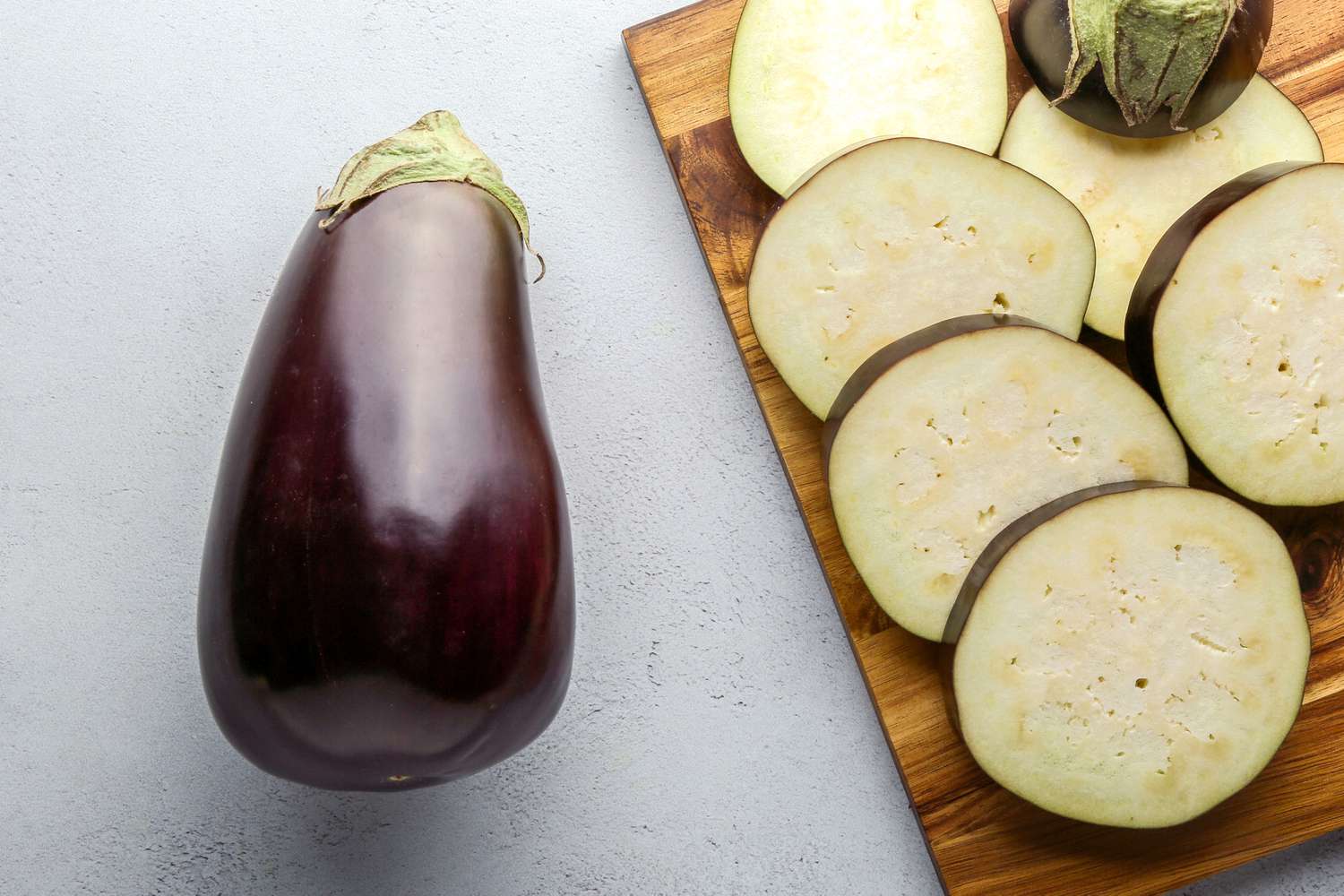
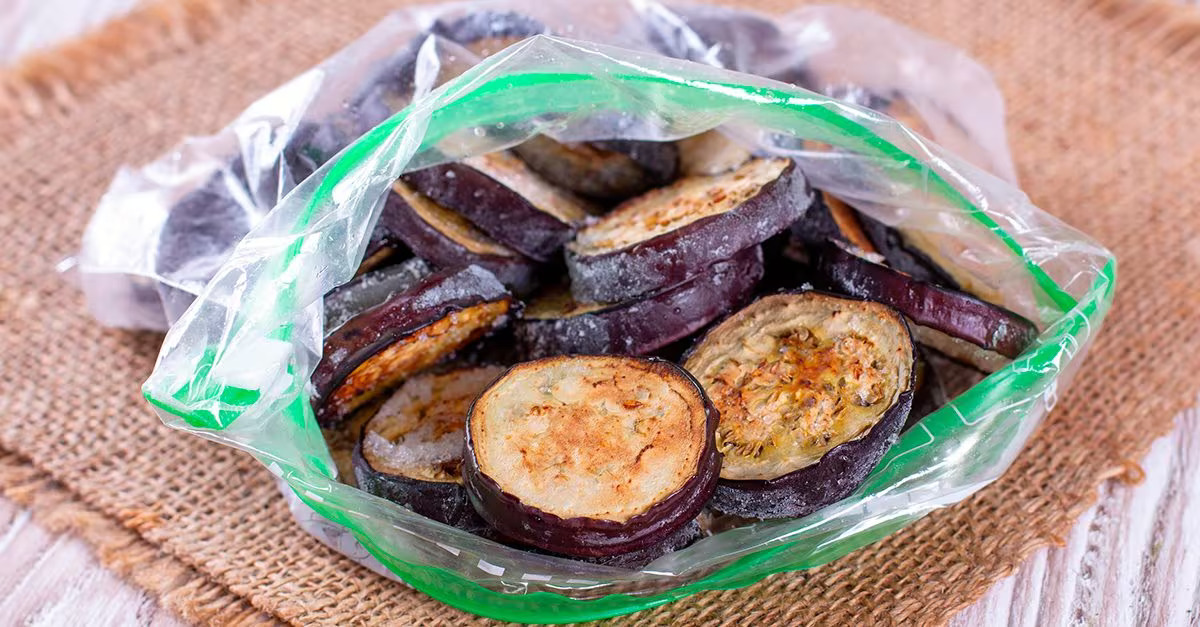
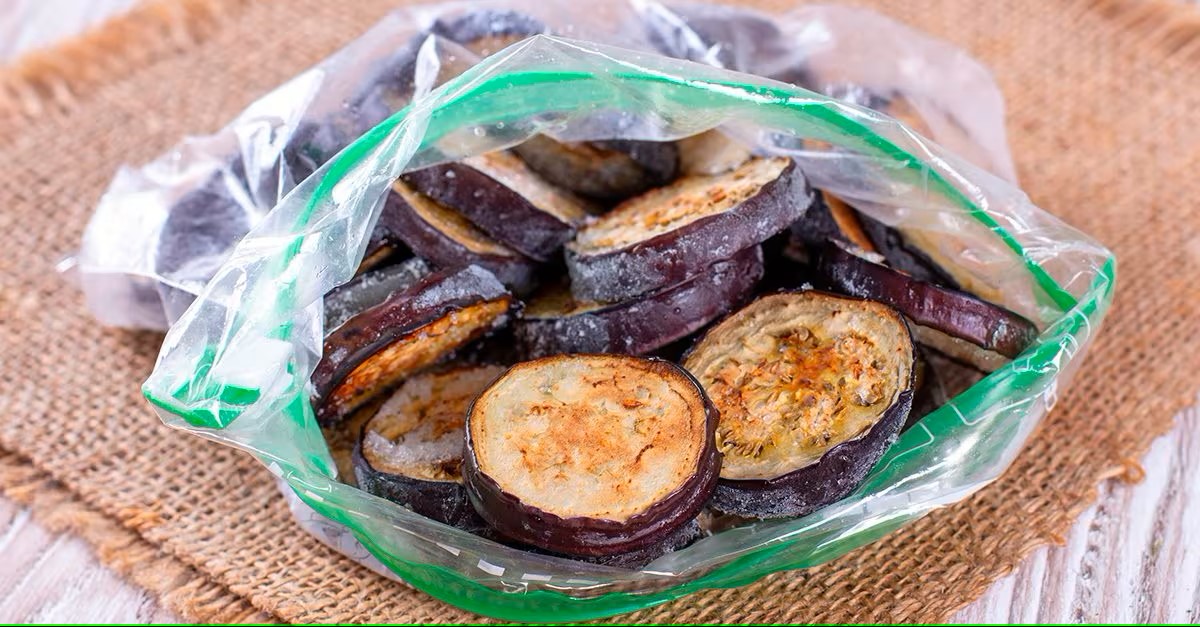

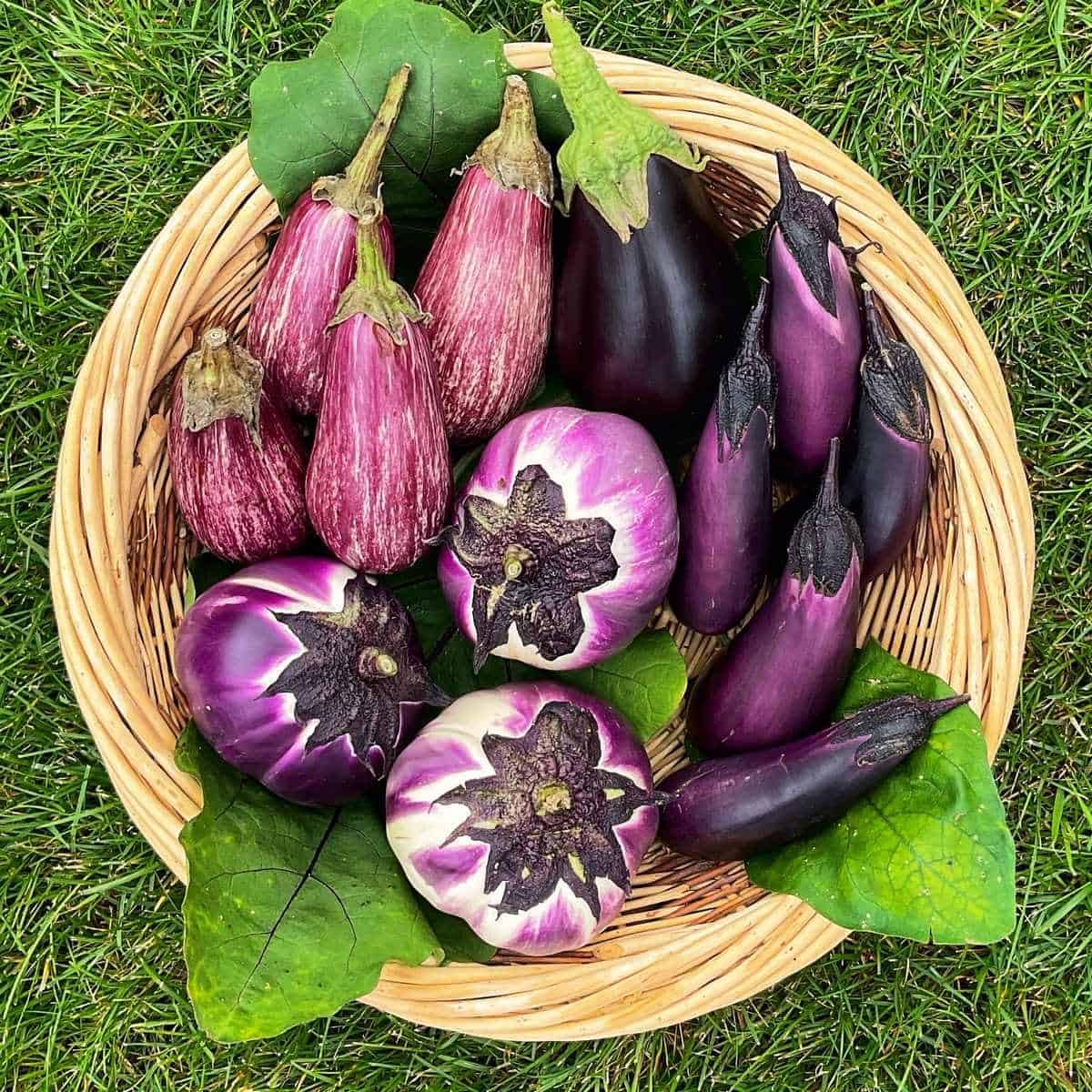

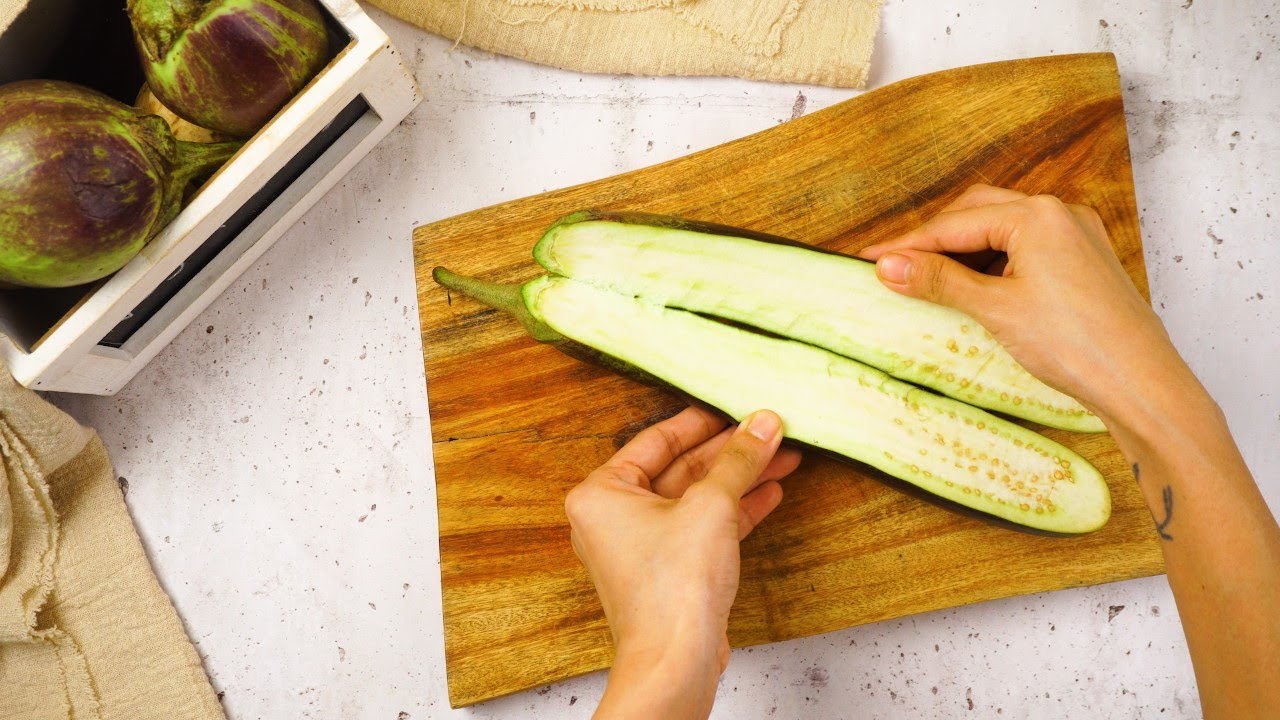
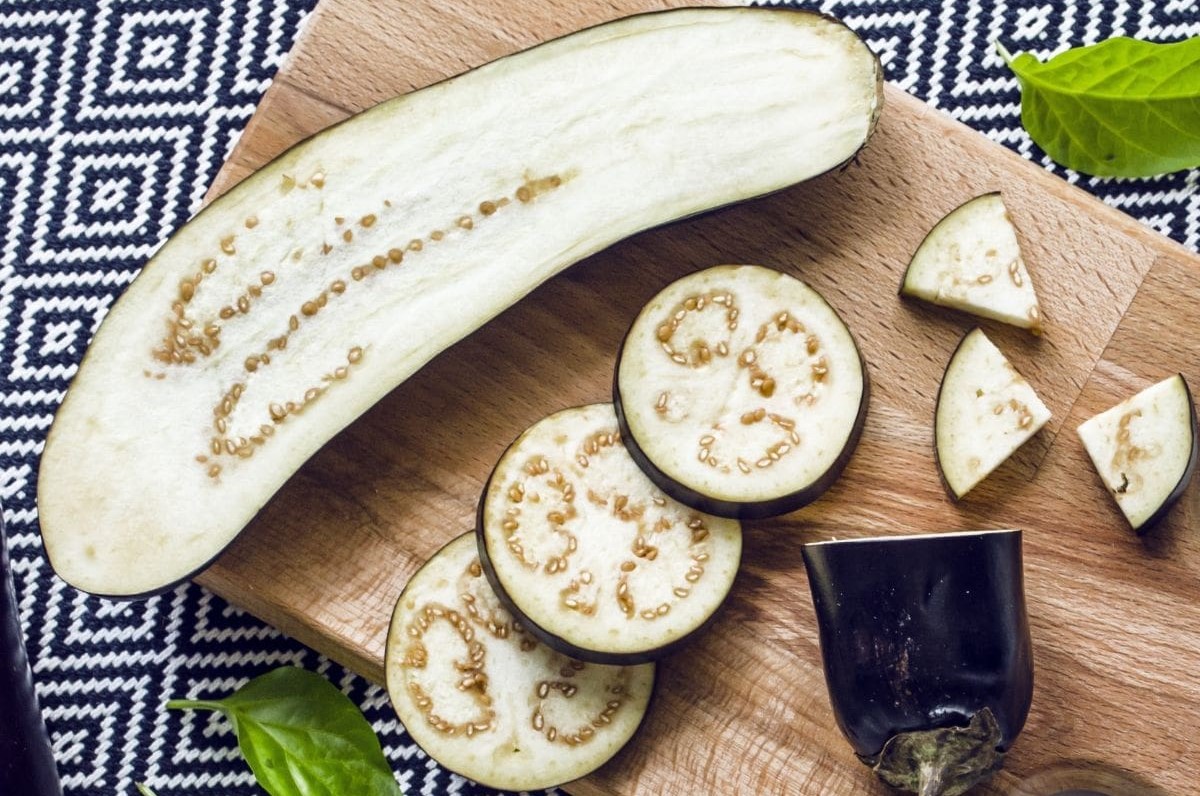

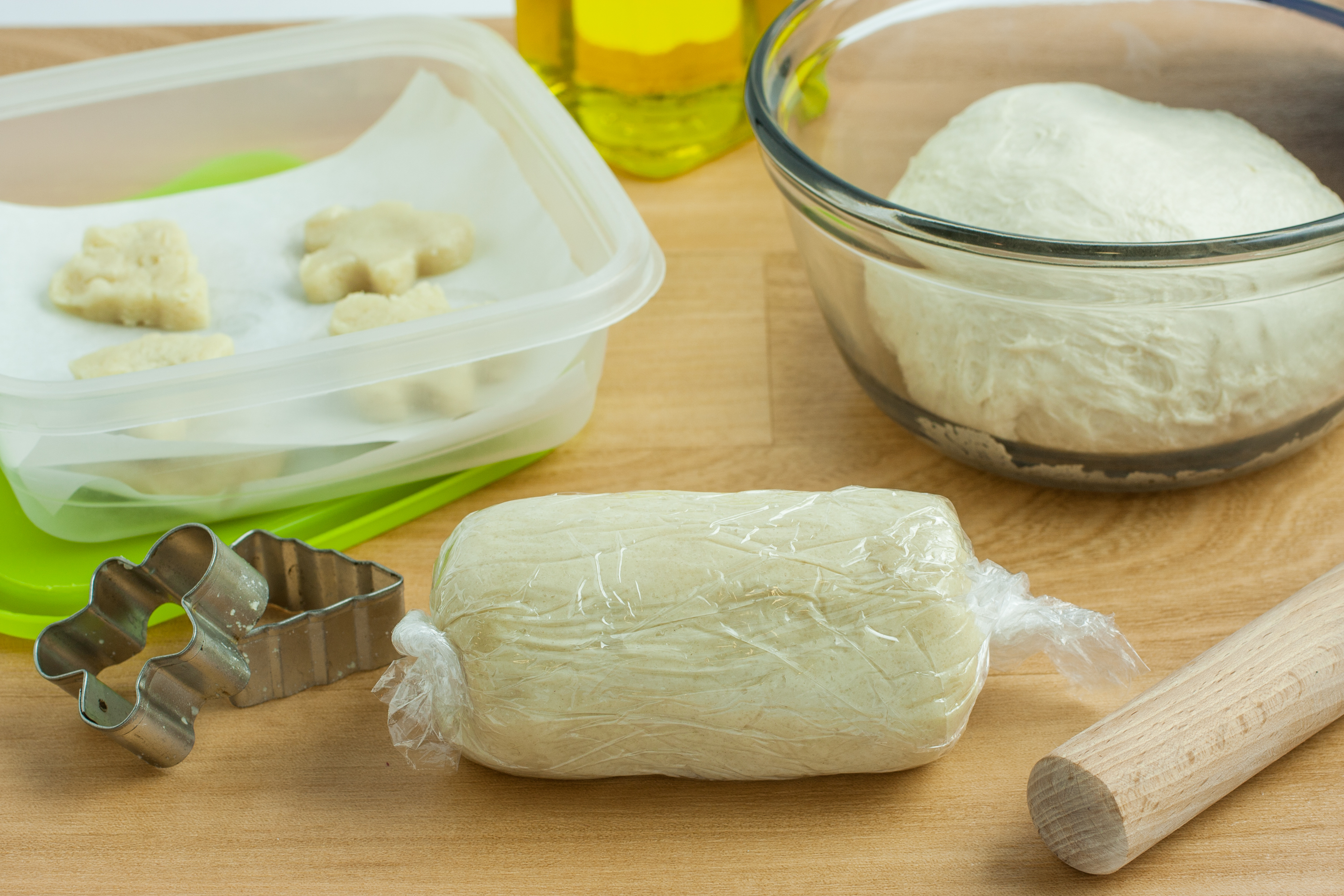
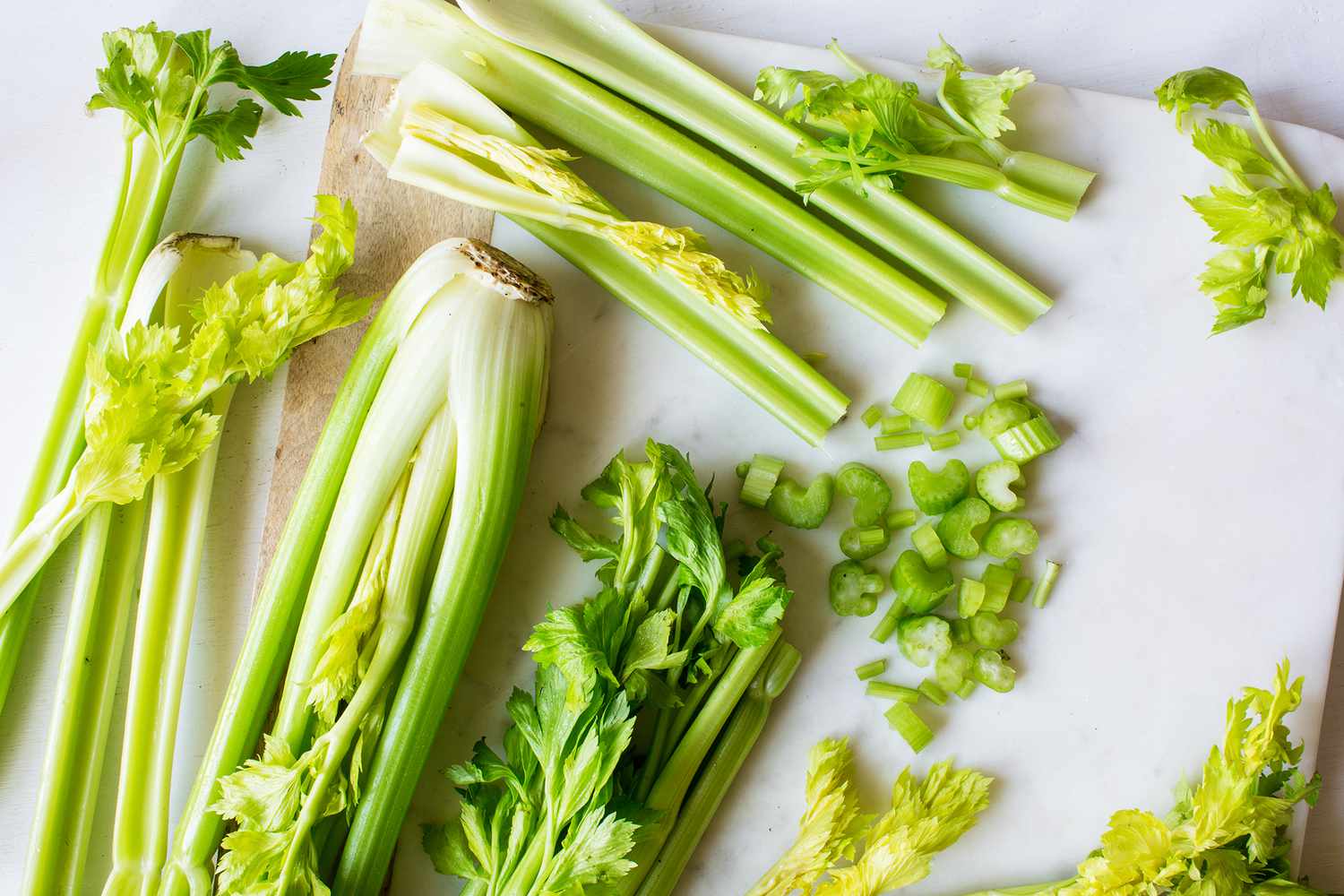

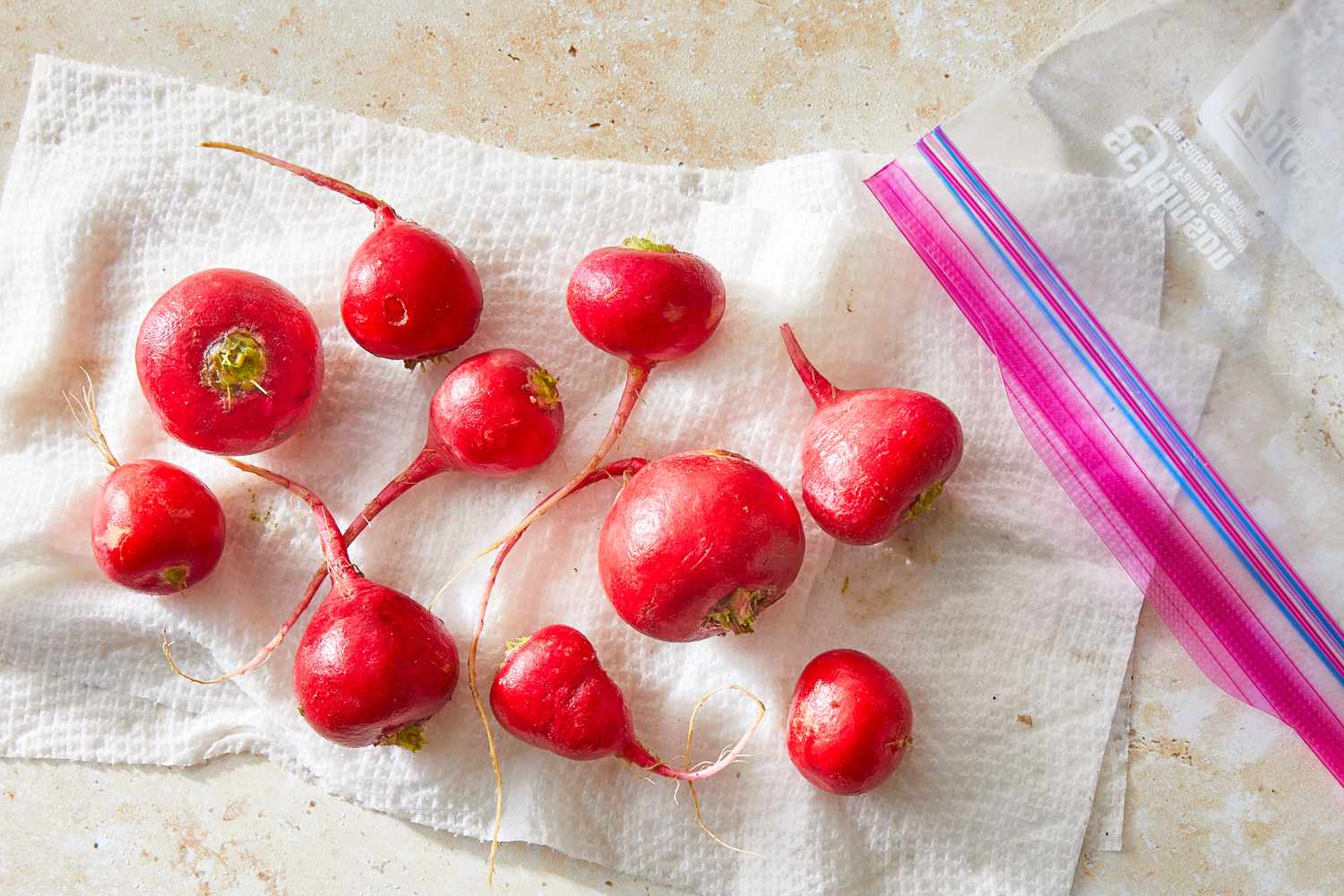


0 thoughts on “How To Store Eggplant In Fridge”